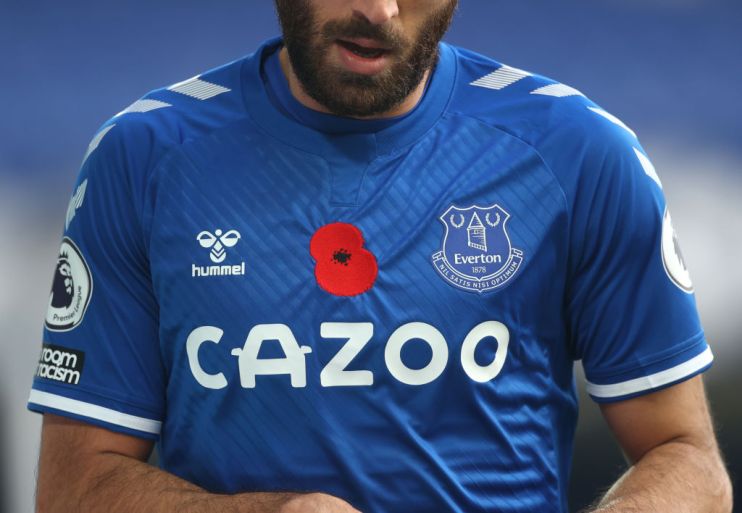Cazoo, Dettol and Tik Tok: How the pandemic has changed the sport sponsorship landscape

The pandemic may have halted the changing of the guard at Buckingham Palace, but in the world of sport sponsorship it has sparked some dramatic moves.
New entrants are making major investments while more established sponsors have moved aside to make way.
A combination of enforced changes of habit and the uneven nature of Covid-19’s impact on various sectors has led to a rash of announcements by governing bodies and rights holders keen to begin to offset the losses incurred by their sports over the past year.
Most notable among those brands making a move are those trying to disrupt the used car market.
Cazoo in particular, having raised £80m by the time it launched in December 2019, has seemed hell-bent on spending a substantial portion of that on sponsorship rights.
It made its first major investment last summer, becoming Everton’s main sponsor and one of the few UK-based, non-betting brands to adorn a Premier League shirt.
Three weeks later, Cazoo was announced as Aston Villa’s shirt sponsor.
By October the brand was claiming to have the Midas touch as the clubs sat first and second in the table respectively.
Cazoo’s sponsorship spending spree has continued with further partnerships announced with the Rugby League World Cup, World Snooker Tour and the England and Wales Cricket Board’s new competition, The Hundred.
Cazoo and Cinch roll into cricket
In fact, the car park at Lord’s might be the place to net a motoring bargain this summer as another new online used car portal will become England cricket’s principal partner.
Cinch will replace no more venerable a brand than NatWest, a supporter of English cricket for four decades; proof that, despite a downturn in new car sales, the confidence investors are showing in online second-hand operators is fuelling the current buoyancy in the sponsorship market.
Investors themselves have also changed behaviour in response to the pandemic.
Social trading firm eToro reported a five-fold increase in new positions opening on its platform between January and April 2020.
They too have invested heavily in sponsorship over the past year or so and now have partnerships in place with Crystal Palace, Everton, Leicester City, Southampton, West Bromwich Albion and Burnley.
Dettol ride the ‘hand sanitiser effect’
But if spending inordinate amounts of time at home is changing the way people buy cars or even trade shares, in other sectors the role brands can play in enabling people to return to relative normality is also leading them to invest in sport.
The now iconic mnemonic of Hands Face Space has entrenched the use of masks and social distancing to limit the spread of the virus as well as sparking something of a “hand sanitiser effect”.
Last week, the Football Association announced it had signed Dettol as its first ever official hygiene partner, coinciding with the government’s roadmap pointing the way back for participation sport and ultimately to full stadia.
The deal covers the England team as it embarks upon a pandemic-congested two-year period that takes in this summer’s delayed Euro 2020 and the World Cup, and will target players and fans to ensure they take steps to protect themselves and those around them.
It also covers the grassroots game where maintaining hygiene routines will be vital to clubs’ ability to play on.
TikTok kicks off football plans
To speak of dramatic moves in sponsorship, though, it seems appropriate to finish on the announcement that TikTok has become a partner of Euro 2020.
It makes TikTok the first digital entertainment platform to sponsor a major international football tournament.
According to tech industry analysts eMarketer, a year of lockdowns has seen TikTok’s popularity skyrocket particularly among 18-24 year-olds, with its share of UK social media users set to jump from 12.4 per cent to 21 per cent during the pandemic.
In the words of TikTok’s UK GM, “Our community loves to celebrate sport in creative ways, and I can’t wait to see how they engage with all the unmissable content we expect for Uefa Euro 2020.”
Come 21 June, when lockdown restrictions are due to end in England, football fans will be hoping that the need to find creative ways to celebrate sport will be over.
By then, though, the sports sponsorship landscape at least will have changed dramatically.
Neil Hopkins is global head of strategy at M&C Saatchi Sport and Entertainment.